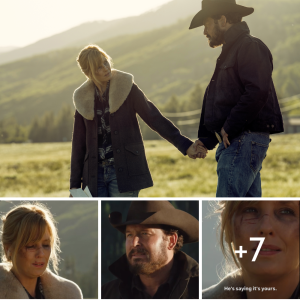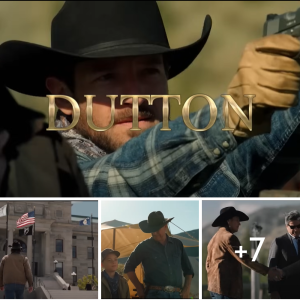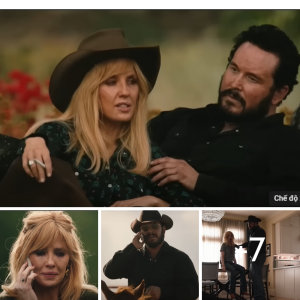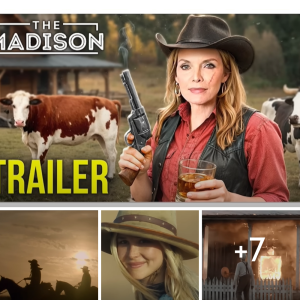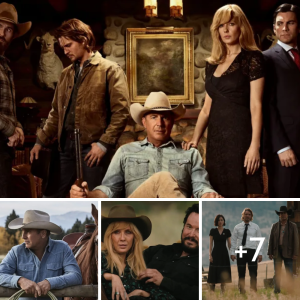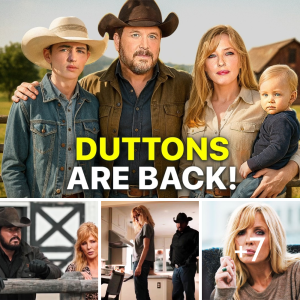“The sprawling, often brutal world of Yellowstone has always been defined by its relentless conflicts—battles over land, power, and loyalty that play out on screen with visceral intensity. Yet, behind the scenes, a different kind of war nearly brought the entire empire crashing down. Few fans ever knew the full, terrifying truth: Yellowstone Season 3 nearly went off the rails, not due to a plot twist, but from a genuine, desperate crisis that threatened to unravel the show before it even aired. This is the untold story of how Taylor Sheridan, the visionary architect behind the hit Western saga, single-handedly averted a full-blown cast mutiny, stepping in hard to save his creation from the brink of collapse.”
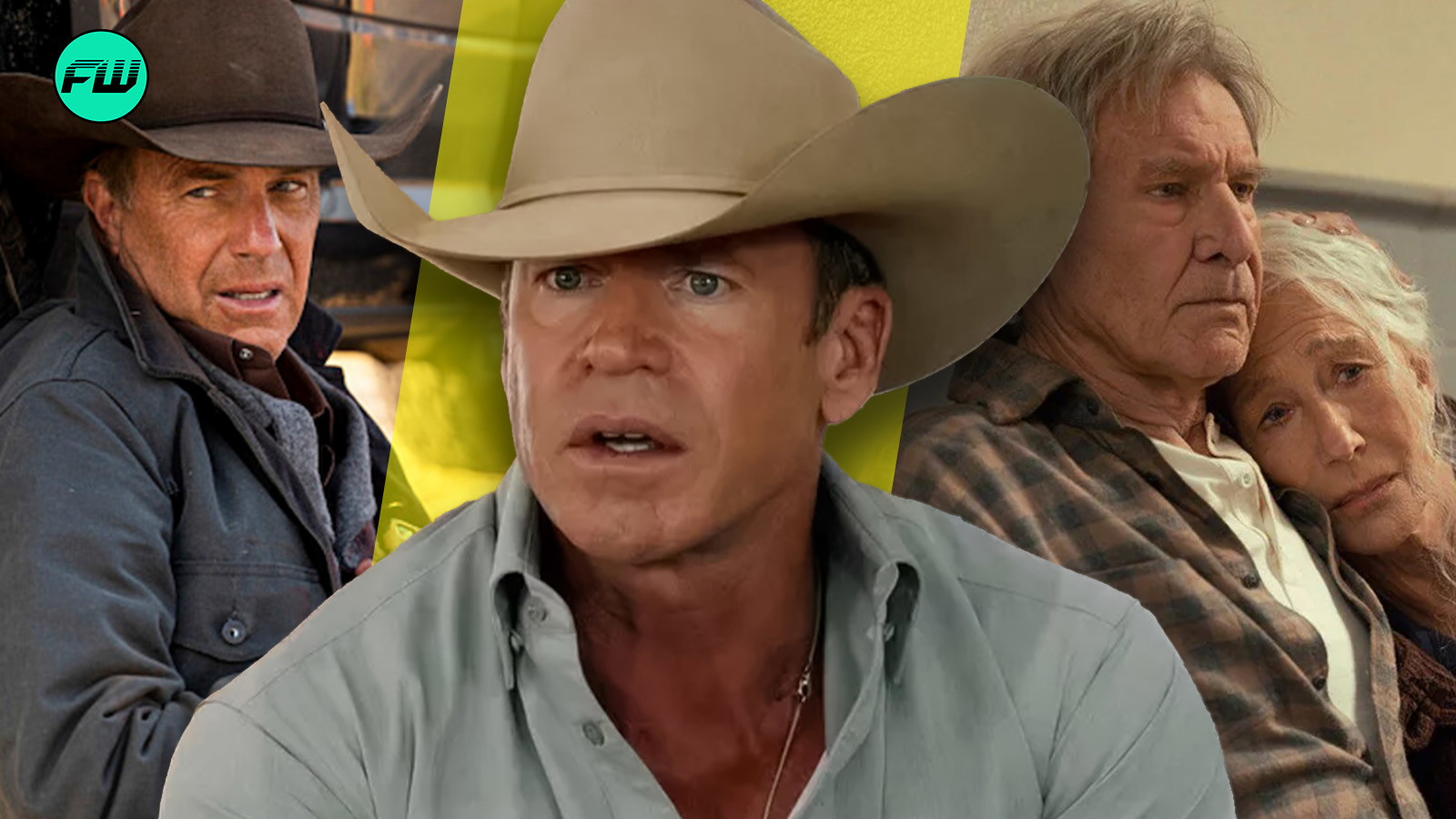
The dramatic tension on the Dutton Ranch was almost mirrored by a brewing rebellion among the very actors who brought its characters to life. Taylor Sheridan nearly faced a complete meltdown during Yellowstone Season 3 when key actors began to push back, their resistance escalating to the point where they reportedly considered walking off set. This wasn’t merely a minor disagreement; it was a behind-the-scenes mutiny that threatened the very continuation of the series. The creative tensions had been rising, particularly during what was described as a “brutal” Season 2 storyline, leading some cast members to fret over the relentlessly dark scenes and the long-term commitments demanded by the show’s intense production schedule. The stakes were incredibly high; without a swift and decisive intervention, Season 3 might have unraveled before it even had a chance to connect with its ravenous audience.
The chaos stemmed from a critical decision earlier in the production: Taylor Sheridan had briefly stepped back from the writers’ room for Season 3. This absence, intended perhaps to allow him to focus on other aspects of his burgeoning creative empire, inadvertently created a void that quickly filled with disarray. Sheridan himself admitted (via Gold Derby) that the attempts to assemble a writers’ room for Season 3 had been plagued by insurmountable challenges. “Originally it came from just what you said, a sense of 20 years I’ve been held back…I’m reading samples, and I just think everyone’s a terrible writer,” Sheridan revealed, recalling his long, frustrating grind in Hollywood before his meteoric rise. This disillusionment, coupled with the sheer speed of television production, meant that “there was no time to put a room together”.

The scripts that emerged from this period were, by Sheridan’s own stark assessment, “so bad”. The quality was so compromised that it ignited the cast’s severe reservations. A frantic SOS call reached Sheridan while he was in New Mexico, actively directing a film with Angelina Jolie. The message was clear and urgent: “You’ve got to help us out. The actors won’t go to work. They’re mutinying”. This dramatic plea underscored the dire straits in which Yellowstone found itself. Instead of caving to the pressure or abandoning his creation, Sheridan stepped in hard, reasserting his singular vision to keep the crew intact and the cameras rolling. His extraordinary solution: he committed to writing an entire episode of Yellowstone every Saturday, single-handedly salvaging the season one script at a time.
This wasn’t the first time Sheridan had found himself in the position of rescuing his own show. He recalled a similar scramble after Wind River, stating, “I found myself in a situation where I was writing scripts on the weekend to shoot the next week”. He even famously penned all of Season 2 solo. This “do-it-all” mentality, a hallmark of his creative force, was forged during two decades spent navigating the margins of Hollywood. Director Peter Berg, a close observer of Sheridan’s trajectory, humorously encapsulated this relentless drive: “You take a smart guy with a lot of talent, and then you keep him caged up for 20 years,” Berg joked. “He’s just getting hungrier and hungrier, and then you let him out. The man’s gotta eat”. But for Sheridan, it’s far more than mere ambition; he perceives his writing process as something almost “divine”, a lightning-strike inspiration that once manifested an entire idea for his series Landman with Billy Bob Thornton.
Sheridan’s “secret sauce” has always been his willingness to break the rules, to craft a “horse opera” that, by his own admission, is “kind of unhinged” and “makes no sense and it’s not trying to”. Yet, this very unhinged quality is what made it so irresistibly compelling, allowing for gunfights in broad daylight and a modern-day governor riding horses like a frontier outlaw. He wasn’t aiming for realism; he was giving viewers a powerful, romantic fantasy, a window into a rugged world of freedom and independence that he knew there was a profound thirst for. When the Dutton ranch is metaphorically, or literally, on fire, Taylor Sheridan is unequivocally the man you call. His quiet intervention, born from a lifetime of artistic hunger and an unwavering vision, quite literally saved Yellowstone and allowed it to become the titan it is today.
What does Taylor Sheridan’s extreme dedication and willingness to save Yellowstone from a cast mutiny reveal about his unique vision for the series and his approach to storytelling?
